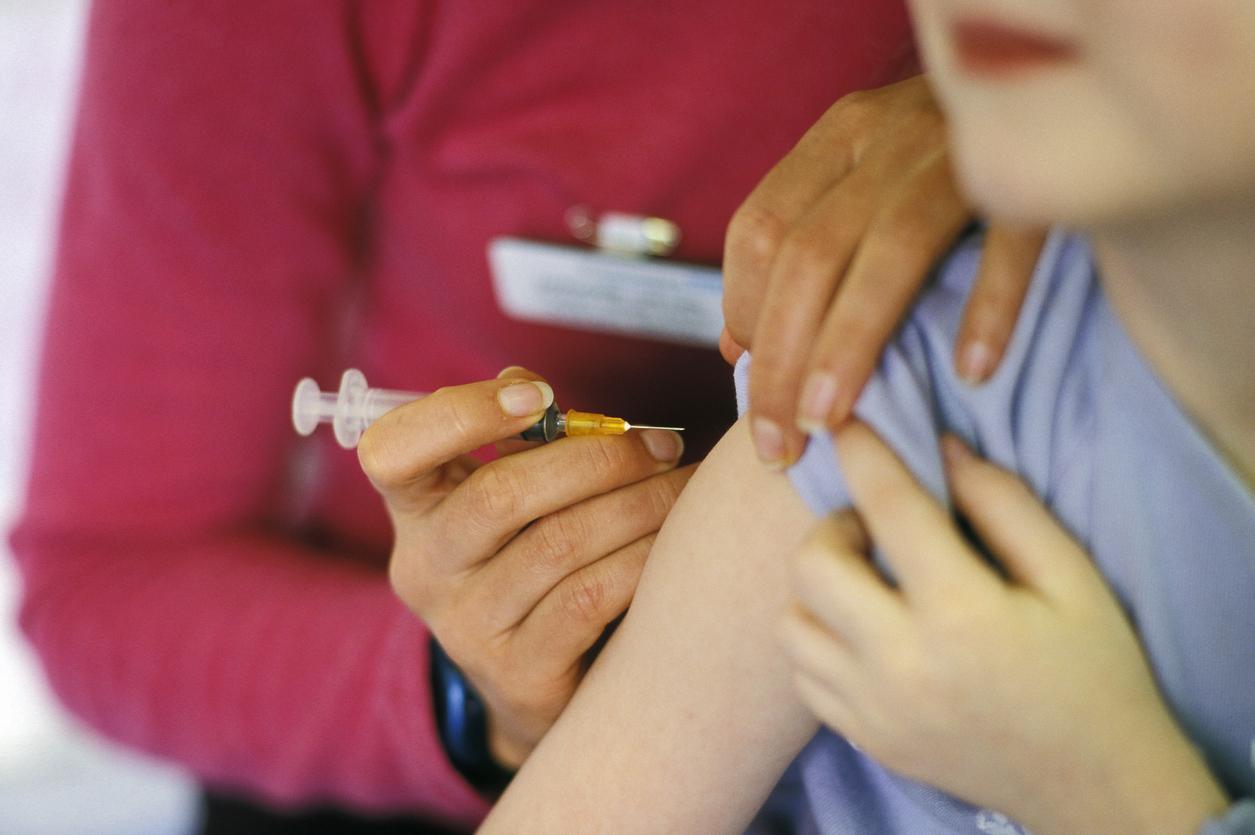In its latest “status report on the surveillance of vaccines against Covid-19” published on March 31, 2022, theNational Agency for the Safety of Medicines and Health Products (ANSM) mentions Parsonage-Turner syndrome.
According to health authorities, between September 2021 and March 2022, 43 cases of Parsonage-Turner syndrome were detected in France in people who received the Pfizer-BioNTech vaccine. If it is (obviously) not possible to establish to date a link between vaccination and the occurrence of this pathology, it is a reason for monitoring.
A disease that affects the muscles of the arms, neck and shoulders
What is Parsonage-Turner Syndrome? In medical language, we also speak of “amyotrophic neuralgia of the shoulder”. This pathology is not common since experts estimate that it affects between 1 in 30,000 and 1 in 50,000 people worldwide: men are more affected than women, and the disease manifests itself rather between 30 and 70 years.
In the majority of cases, Parsonage-Turner syndrome is characterized by the sudden onset of pain, burning sensations and/or shooting pains in the shoulders, neck, and/or arms. Subsequently, muscle weakness (especially in the shoulders and/or arms) tends to develop.
Parsonage-Turner syndrome is treated with a combination of long-acting opioids and nonsteroidal anti-inflammatory drugs (NSAIDs). The prognosis is quite good since, according to experts, patients generally recover 70% to 90% of their initial state after 1 to 2 years of treatment. However, many patients retain exercise intolerance and poor coordination of the affected muscles.
Source :OrphaNet
Read also :
- Soon a messenger RNA vaccine against shingles?
- Pfizer Gate: what do we know about the testimony published in the BMJ?
- Paxlovid (ritonavir): Pfizer’s anti-Covid treatment in 5 questions


















